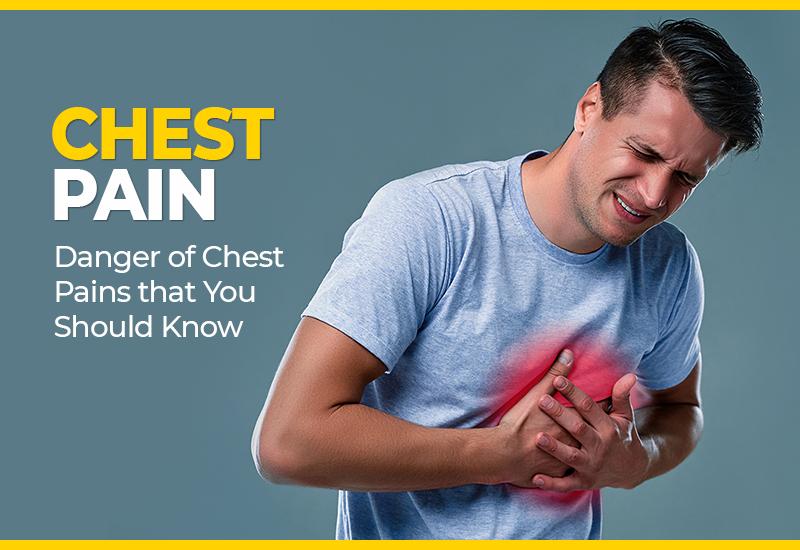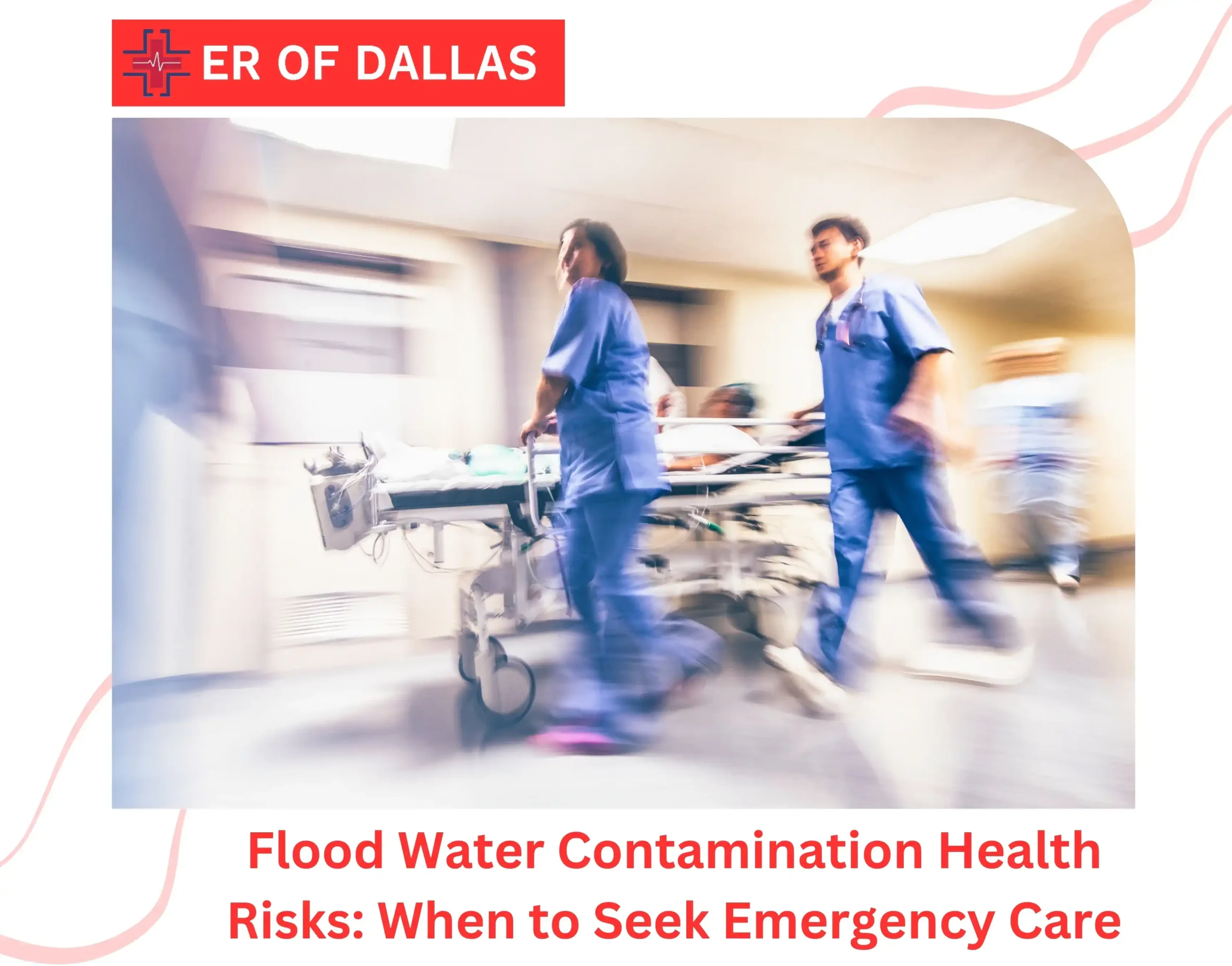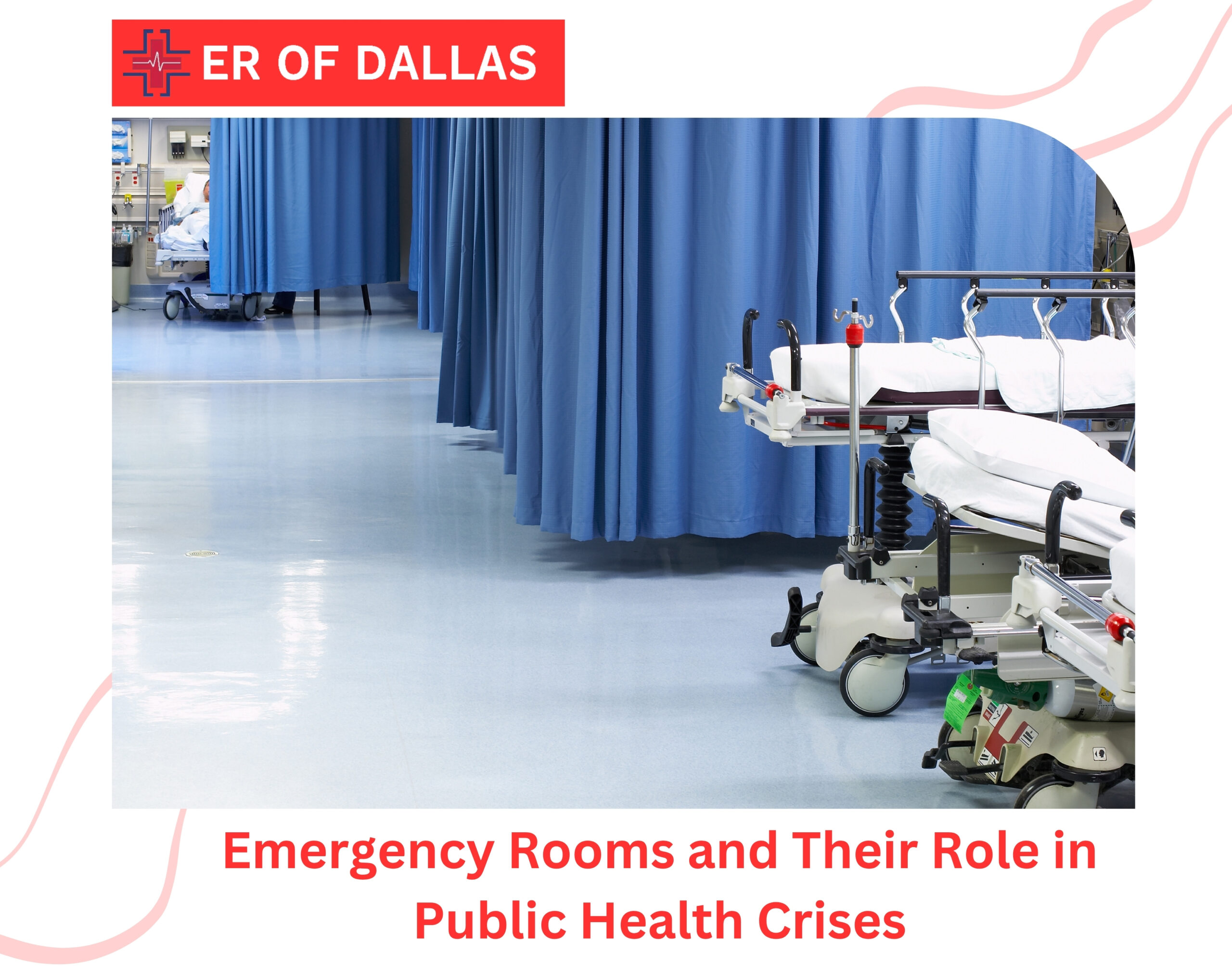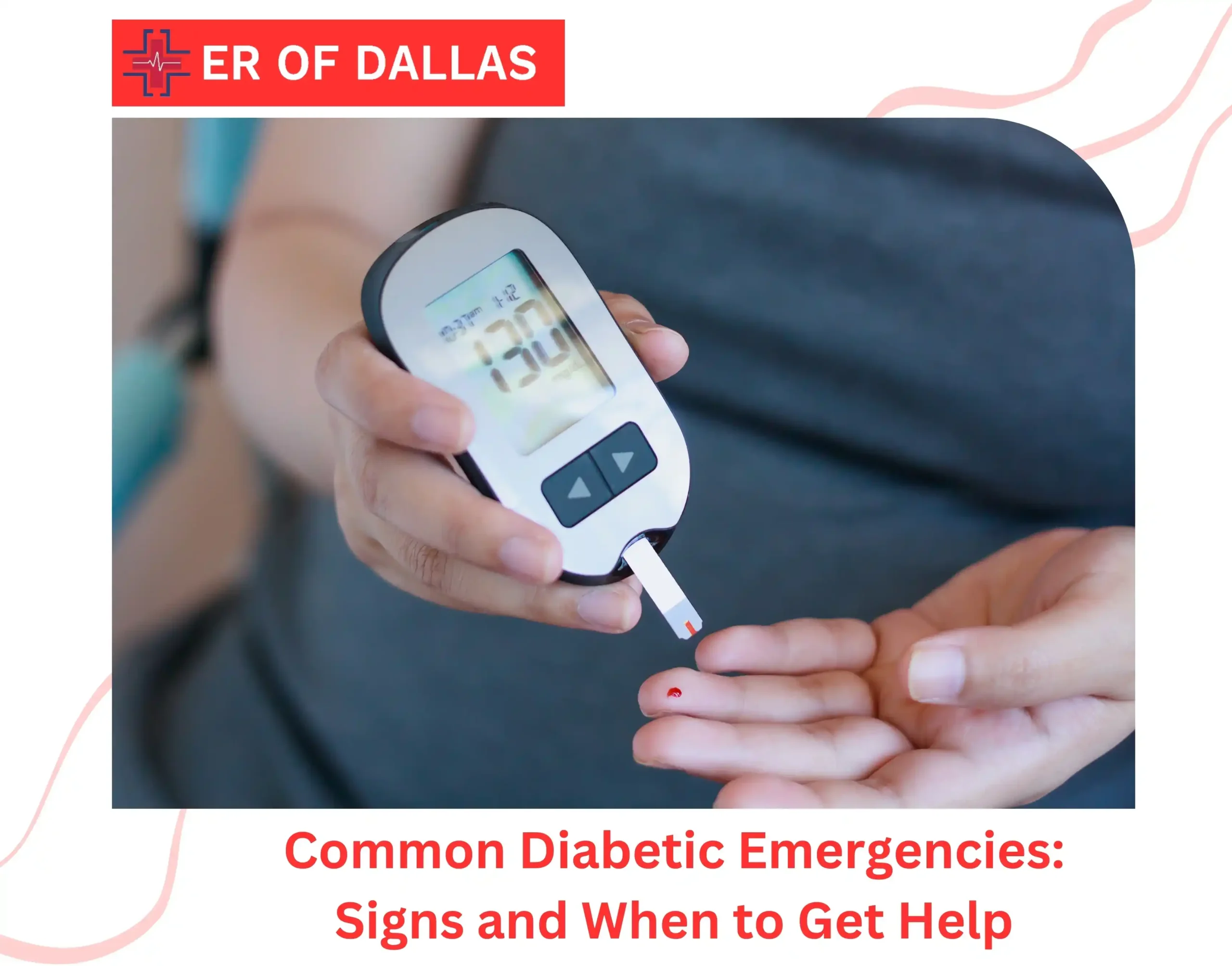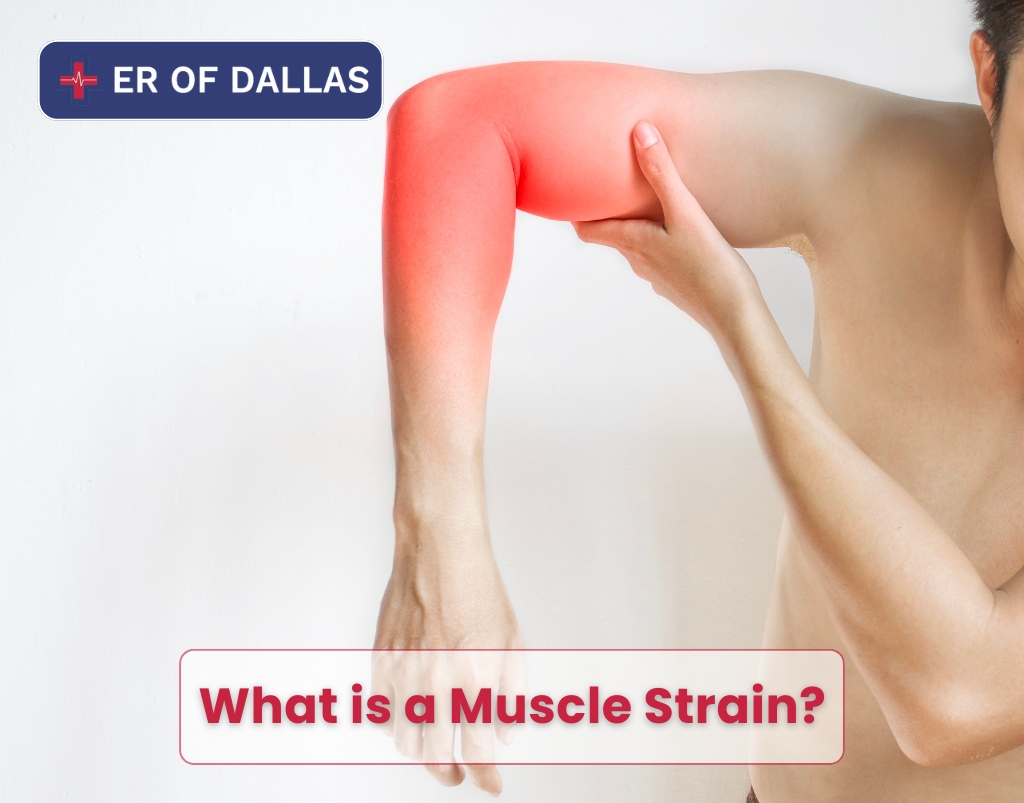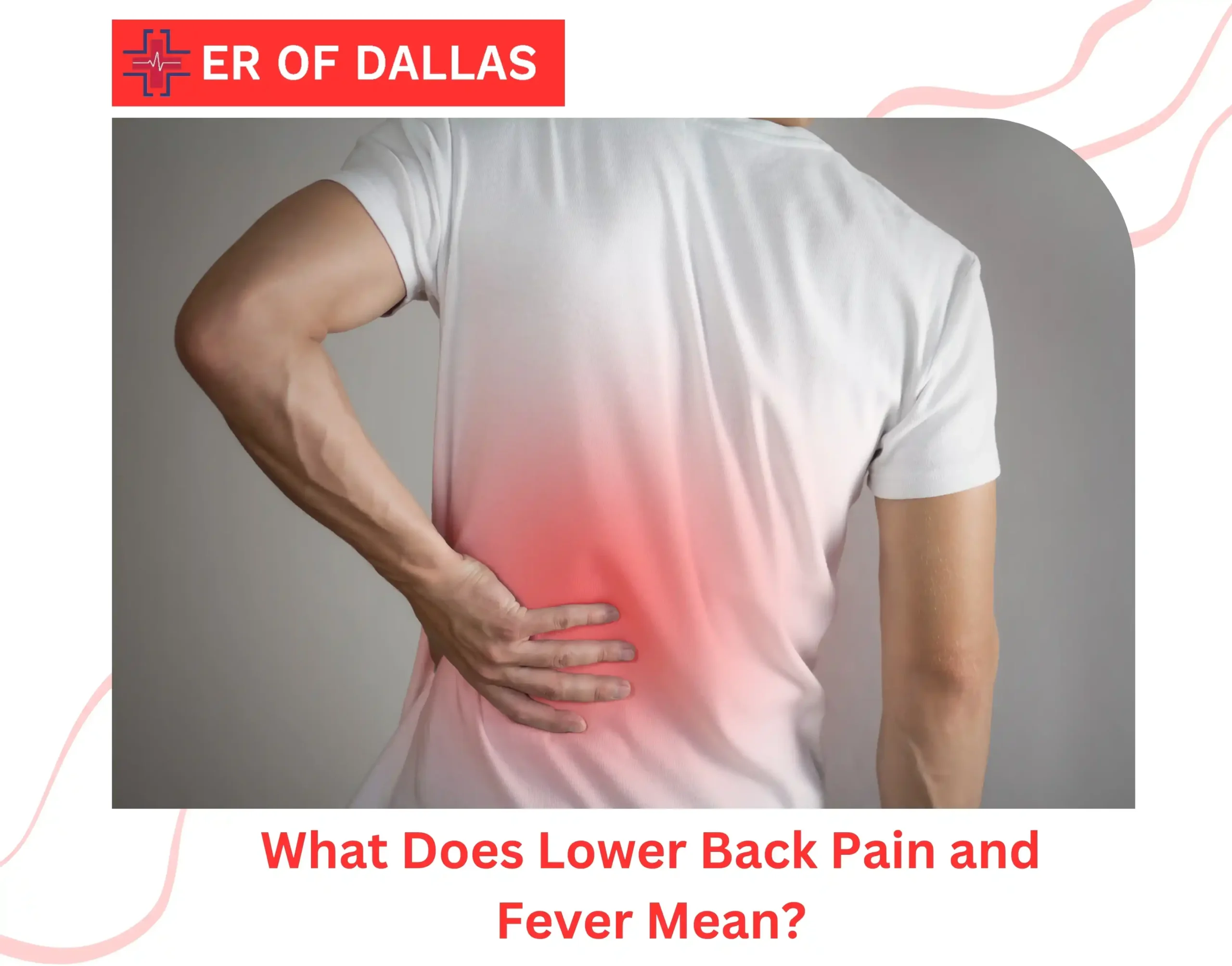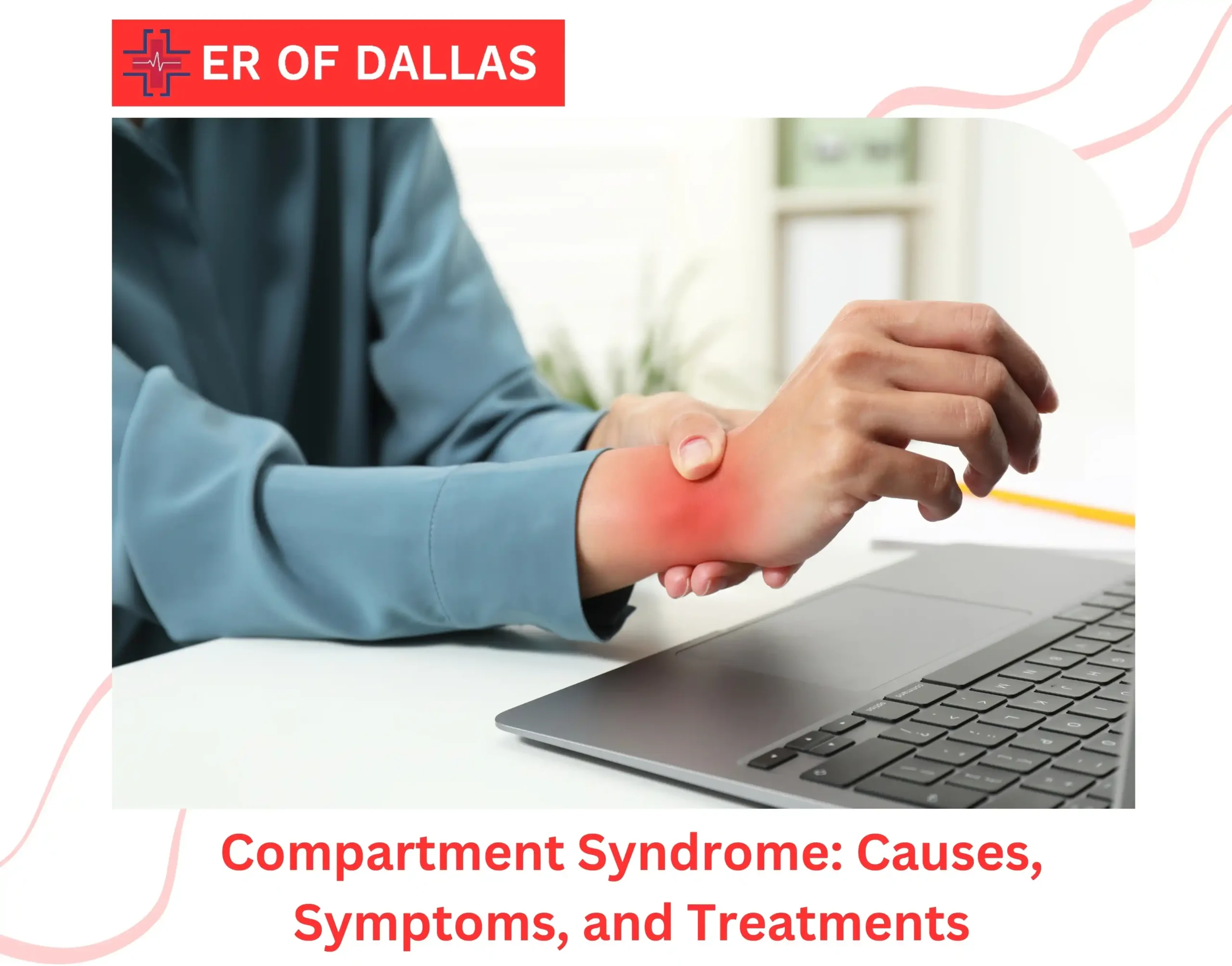Dangers and Symptoms of Chest Pain
Chest pain appears in several shapes, varying from a sharp stab to a dull ache. It is accompanied by a lot of indications and dangers. Sometimes chest ache seems crushing or burning. In some instances, this pain travels up the neck, into the throat, and then spreads to the arms and legs.
Several reasons can result in chest pain, and the most common causes include heart or lung issues. The person suffering from chest issues should seek medical treatment.
Chest Pain Symptoms That Require Immediate Treatment
Chest pain can trigger many different sensations depending on what’s causing the disease. Often, the chest pain is not related to the heart problem —but it is not easy to tell without consulting a physician first.
Heart-Related Chest Pain
Although chest discomfort is generally related to heart disease, many people with heart conditions say they experience hazy pain that isn’t always described as pain. Overall chest unease related to a heart attack or another heart issue may be characterized by or linked with the following health conditions:
- Heaviness and coerciveness around the chest area
- Lack of breath
- Fatigue and exhaustion
- Dizziness and weakness
Common Causes Behind Chest Pains
There are many causes of heart attacks, and most of them are related to heart issues. Examples of heart-related problems include chest pain.
Heart attack: A heart attack happens because of obstructed blood circulation, usually from a blood clot, to your cardiac region
Angina: Angina is a term for a chest health condition that arises due to poor blood circulation to cardiac muscles. This happens when a thick plaque is formed inside arteries that pump blood to the heart region. These plaques narrow the veins and restrict the heart’s blood supply, especially during exercise.
Jugular: This dangerous illness or medical condition involves the primary aorta starting from the heart. If the internal strata of this blood vessel split, blood is forced between the layers and can shatter the artery.
Pericarditis: This is the disease of the sac around your heart. It generally produces acute discomfort that gets intense when you are breathing or during a nap.
Diagnosis of Chest Pain
Seek emergency treatment instantly if you believe you are having a heart attack especially if your chest pain is new, unexplained, or lingers on for quite some time.
Your doctor will ask you some queries, and your answers can assist them in ascertaining the cause behind the pain in the chest. Be ready to mention any corresponding indications and also provide details about any medications, therapies, or other clinical illnesses you are suffering.
Diagnostic Tests
Your doctor will advise tests that will help diagnose or eliminate the heart-related problems that will determine the origin of chest pain. The diagnosis of chest pain involves:
- ECG or EKG, which documents the cardiac electrical activity
- Blood analysis, which evaluates cholesterol concentrations in the blood
- A breast X-ray, which analyzes your chest, abdomen area, and veins
- An echocardiogram requires sound waves to analyze mobile photographs of the heart
- MRI is utilized to find harm to the heart or artery
- Stress tests, which are deployed to determine your chest functioning after exercise
- Angiogram, which is helpful in stopping the obstruction in certain veins
If you are facing chest pain, don’t hesitate to contact the ER of Dallas. Our physicians at ER of Dallas will examine you thoroughly and help in eliminate the issue.

